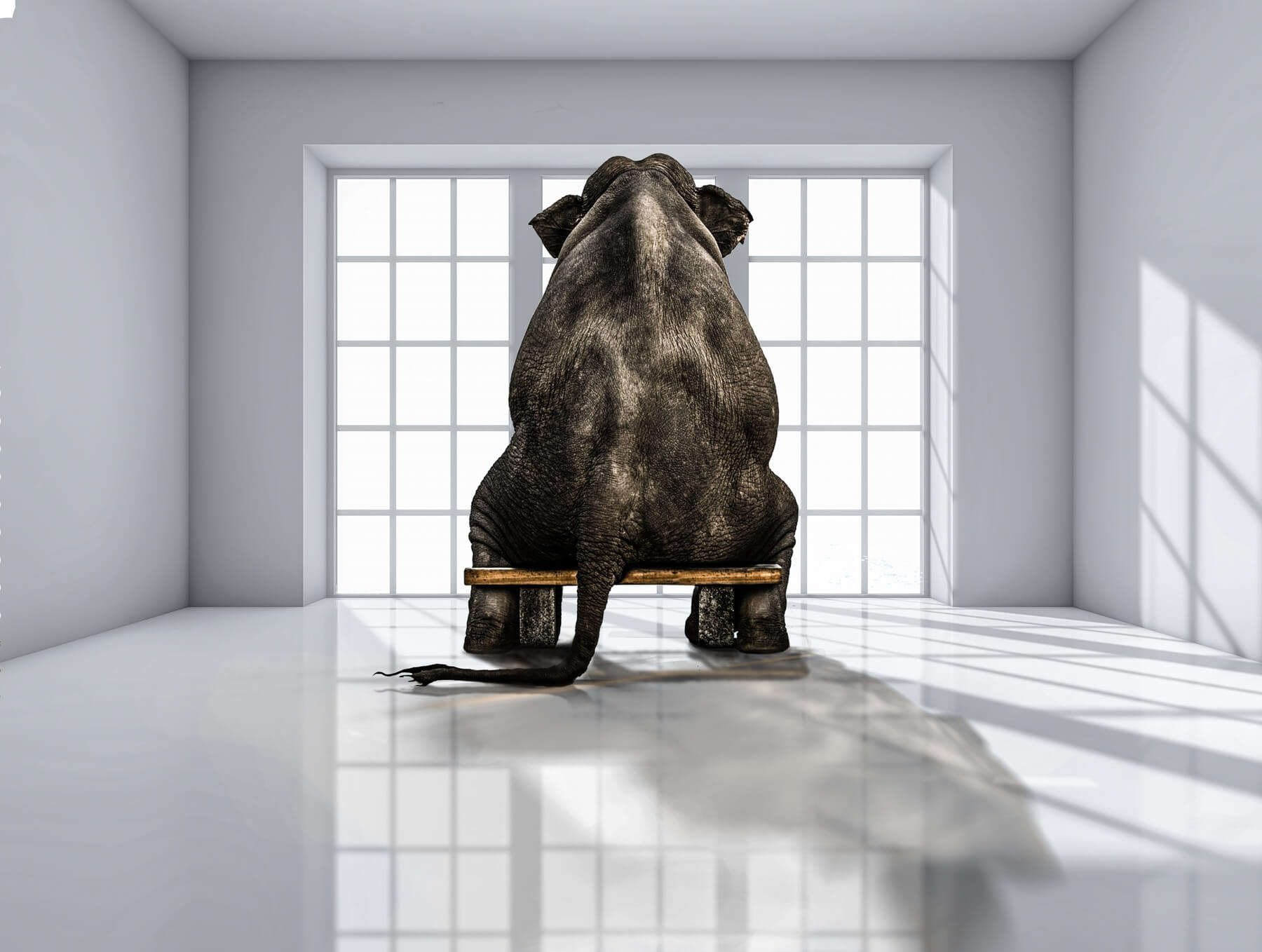The phenomenon of death constitutes an existential quandary that has perplexed humanity for eons. Among diverse cultures and belief systems, the Bahá’í Faith presents a distinctive perspective on death, encouraging a deeper understanding of this pivotal transition. It is frequently referred to as “The Elephant in the Room”—an essential yet often avoided topic. This exploration seeks to elucidate Bahá’í teachings concerning death, revealing the profound implications of this inevitable aspect of life.
Firstly, one must acknowledge the universal human intrigue surrounding mortality. Death’s certainty engenders a duality of fear and fascination; it incites vulnerability, engendering a need to comprehend what lies beyond the corporeal existence. The Bahá’í teachings assert that death is not an end but rather a transformation. This perspective is foundational to comprehending the nature of human existence and the purpose of life in the Bahá’í Faith.
Bahá’í teachings elucidate that the soul is eternal, embarking on a journey of continuous evolution beyond physical death. This notion starkly contrasts the prevailing materialistic views which often regard life as a finite experience punctuated by the cessation of biological functions. In this light, the state of dying becomes an intermediate phase—a gateway to another realm, often referred to as the “World of the Hidden.” This concept invites a more profound meditation on existence, urging adherents to consider their spiritual development as paramount, rather than exclusively focusing on material pursuits.
The Bahá’í Faith further emphasizes the concept of life as a preparation for the hereafter. This preparation is intricately linked to one’s deeds, intentions, and the cultivation of virtues. While the physical body is temporary and subject to decay, the soul’s growth is eternal. Reflecting upon this, Bahá’ís are encouraged to live with a sense of urgency, recognizing that each moment spent in this world is an opportunity for spiritual advancement, a chance to contribute positively to the broader community, and more importantly, to develop a closer relationship with the divine. This approach shifts the focus from fear of death to a celebration of life as a sacred journey.
Moreover, the Bahá’í teachings articulate that the fear of death often stems from a misunderstanding of its true nature. This misconception can breed despair and hopelessness; conversely, a correct understanding fosters acceptance and tranquility. By visualizing death as a transition rather than termination, believers are motivated to cultivate resilience in the face of loss. This transformative outlook encourages individuals to confront the inevitable head-on, promoting a healthy dialogue about death that alleviates its status as a taboo subject.
In contemporary societies, discussions about mortality can evoke discomfort; however, the Bahá’í perspective invites an open examination of death as an integral part of the human experience. Through various practices, such as memorials and commemorative gatherings, Bahá’ís engage in collective mourning, thereby fostering community support and nurturing shared remembrance. Engaging with death together can create an atmosphere of healing and understanding, allowing individuals to process grief within a communal context.
In the view of the Bahá’í Faith, the inevitable reality of death should not merely evoke sorrow but evoke gratitude for the life lived and the relationships forged. It encompasses a celebration of continuity, offering a chance to reflect on the impact one has had on others and the legacy that will endure. The teachings encourage adherents to consider what they will leave behind—not in material wealth, but in works of virtue and in the love they have shared.
Furthermore, the Bahá’í narrative surrounding death is uniquely empowered by its conception of unity and interconnectedness among all humanity. The challenges posed by death can serve as a catalyst for solidarity. Recognizing that every individual, irrespective of background or belief, inevitably faces this common destiny can promote empathy and collective resilience. Consequently, the Bahá’í viewpoint not only provides comfort to adherents but also positions them as advocates for compassion amid diverse communities grappling with this universal truth.
Another dimension of Bahá’í teachings on death involves the idea of justice. Bahá’ís believe that the soul’s development during its earthly existence influences its position in the afterlife. In this framework, individuals are encouraged to strive for justice, truthfulness, and service to others, thereby enriching their spiritual essence. The teachings impart a solemn responsibility towards one another, underscoring the interconnectedness of human souls and the ethical ramifications of our actions.
In conclusion, the Bahá’í perspective on death intricately weaves together themes of transformation, preparation, communal resilience, and justice. It encourages a far-reaching contemplation of existence that extends beyond mere survival. By engaging with death in a meaningful manner, individuals are provided an opportunity to transcend fear and embrace the spiritual journey that continues beyond this life. As such, the “elephant in the room” transforms from an object of avoidance into a powerful impetus for growth, understanding, and eternal connection among all souls. Recognizing death as a vital part of the human experience can indeed enhance appreciation for the life lived and the journey that lies ahead.
